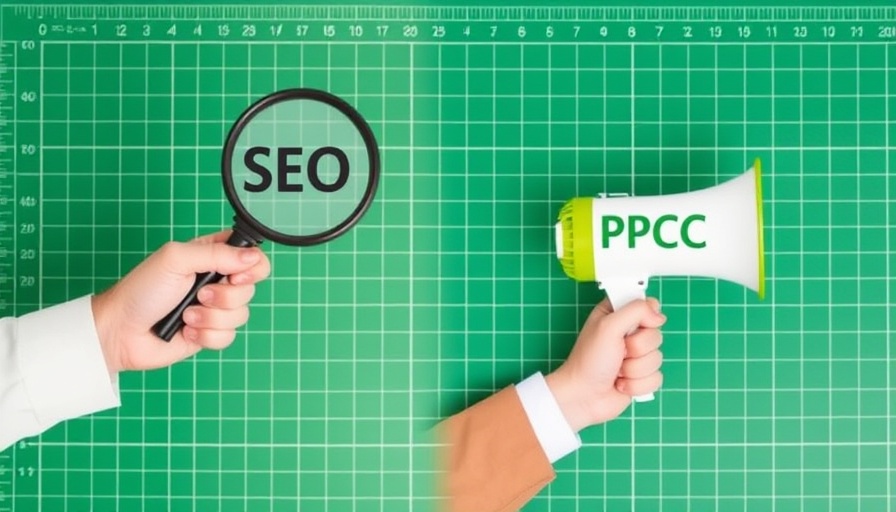
The SEO vs. PPC Debate: Choosing the Right Path for Your Business
In the diverse landscape of digital marketing, two primary strategies stand out: Search Engine Optimization (SEO) and Pay-Per-Click (PPC) advertising. Each approach offers unique advantages that can significantly affect how businesses reach their target audience. Understanding the fundamental differences between SEO and PPC can be the key to crafting a successful digital marketing strategy that aligns with your company’s specific goals.
Understanding SEO: The Long Game
SEO focuses on enhancing a website’s organic visibility in search engines through high-quality content, technical optimization, and effective link building. While initial results can be slow to materialize, the advantages of SEO are substantial:
- Long-Term Traffic Without Per-Click Costs: Despite requiring an upfront investment, the long-term benefits of SEO can surpass those of PPC. A well-optimized page can provide organic traffic for years without additional payments for clicks.
- Higher Trust and Credibility: Studies show consumers tend to trust organic search results more than paid advertisements, which can translate into higher click-through rates and improved brand credibility.
- Compounding Authority: SEO efforts accumulate over time. As more content and quality backlinks are introduced, a site’s domain authority strengthens, improving rankings for new keywords.
The Drawbacks to Consider
Though SEO is beneficial, it possesses challenges:
- Time Consumption: Businesses should be prepared for the fact that SEO is a long-term strategy that can take months, if not years, to yield competitive rankings.
- Uncertain Results: Frequent changes to Google’s algorithms can affect page rankings unexpectedly. Without a solid strategy grounded in best practices, a site may lose visibility quickly.
The Quick Fix: PPC Advertising
PPC presents a different approach. It grants businesses immediate visibility on search engines by paying for ad placements. This can be especially useful for companies needing quick results or trying to promote time-sensitive offers. The benefits of PPC include:
- Instant Traffic: Unlike SEO, which can take time, PPC campaigns can generate immediate traffic and visibility for your business.
- Budget Control: Businesses can set daily budgets and bids, allowing them to allocate funds according to their financial planning.
The Challenges of PPC
However, PPC is not without its downsides:
- Ongoing Costs: Businesses must continuously invest in PPC campaigns for ongoing results. Once payments stop, so does visibility.
- Lower Trust: Substantial numbers of consumers often skip ads in favor of reputable organic listings, potentially lowering the effectiveness of your campaigns.
Deciding Between SEO and PPC
The choice between SEO and PPC ultimately depends on several factors: what are your immediate business goals, available resources, and industry competitiveness? For brands aiming for long-term growth and sustainability, investing in SEO might be the optimal path. However, businesses under tight timelines or with urgent promotional needs may lean towards the instant-results characteristic of PPC.
Future Trends in Digital Marketing
Looking ahead to 2025, as technology continues evolving, so too will marketing strategies. Emerging tech trends suggest that the digital marketing landscape will further intertwine with advancements in AI and machine learning, enhancing how SEO and PPC analysis can shape strategic initiatives. Companies will benefit from unique insights derived from data, transitioning towards more personalized marketing tactics.
Conclusion: A Balanced Approach
Overall, both SEO and PPC can be invaluable components of a comprehensive digital marketing strategy. By weighing the benefits and limitations of each, businesses can tailor their marketing efforts to strike a proper balance, ensuring sustainable growth in today's competitive market. Ultimately, aligning marketing strategies with business goals and leveraging the right tools, such as SEO tools and analytics, will empower companies to thrive.
 Add Row
Add Row  Add
Add 




 Add Row
Add Row  Add
Add 

Write A Comment